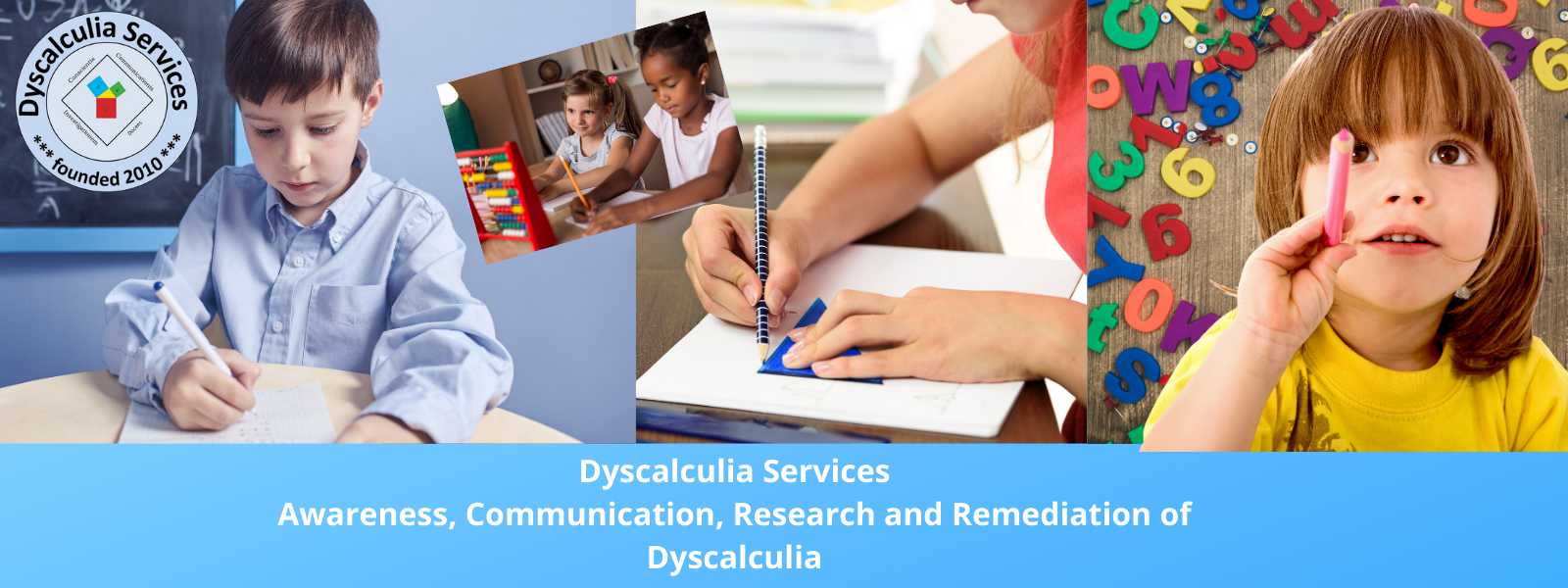This is an important question with implications for the remediation of the condition.
At this moment there is no generally agreed definition about what Dyscalculia is but there are now, thanks to a working group from the UK, guidelines that you can follow to ensure you get the right diagnosis.
It starts with a few key principles to distiquis Dyscalculia and a special learning disability from other difficulties with math:
- 1. Difficulties must be unexpected in relation to age, level of education, level of experience and level of other attainments:
- 2. Difficulties should be specific and persistent.
- 3. Difficulties must not be solely caused by other factors such as:
- Inappropriate teaching or gaps in mathematics education Social and personal factors which adversely affect attitude/motivation with regard to learning mathematics
- Maths anxiety
- Incomplete mastery of the language of instruction (e.g. EAL/ESL)
- General learning difficulties
- 4. Difficulties should not arise from another neurological, physical or mental health condition.
Next it proposes a definition for Dyscalculia and other Math difficulties:
Dyscalculia is a specific and persistent difficulty in understanding numbers which can lead to a diverse range of difficulties with mathematics. It will be unexpected in relation to age, level of education and experience and occurs across all ages and abilities.
Mathematics difficulties are best thought of as a continuum, not a distinct category, and they have many causal factors. Dyscalculia falls at one end of the spectrum and will be distinguishable from other mathematics issues due to the severity of difficulties with number sense, including subitising, symbolic and non-symbolic magnitude comparison, and ordering. It can occur singly but can also co-occur with other specific learning difficulties, mathematics anxiety and medical conditions.
Read all about it HERE
